Day 72: Hungary says EU ban on Russian oil crosses 'red line'
Hungarian Prime Minister Viktor Orban has blasted European Commission Chief Ursula von der Leyen for "attacking" EU unity with a proposed Russian oil ban, saying it crosses a red line.
Orban said Friday the European Commission's current proposal banning Russian oil imports would amount to an "atomic bomb" dropped on the Hungarian economy, adding that Hungary was ready to negotiate if it sees a new proposal that would meet Hungarian interests.
"The European Commission president, intentionally or unintentionally, has attacked the European unity that had been worked out," Orban added on state radio. "From the first moment we made clear that there will be a red line, that is the energy embargo, they have crossed this red line."
Hungary cannot support the European Union's new sanctions package, which includes an embargo on oil imports, in its present form, Orban emphasized.
The European Union's executive on Wednesday proposed the toughest package of sanctions yet against Moscow for its military operation in Ukraine, but several countries worried about the impact of cutting off Russia's oil imports stood in the way of agreement.
A handful of eastern EU countries are concerned that the halt would not allow them enough time to adapt, even though diplomats said Hungary and Slovakia would be given until the end of 2023.
Orban further insisted that Hungary would need five years and make huge investments in its refineries and pipelines to be able to transform its current system which relies about 65 percent on Russian oil.
"We know exactly what we need, first of all, we need five years for this whole process to be completed... 1-1.5 years is not enough for anything," Orban asserted, adding that Hungary would also need vast investment in refineries and the shipping system to allow imports of non-Russian oil.
He said Hungary was waiting to see a new proposal from the Commission.
"I don't want to confront the EU but to cooperate....but this is only possible if they take our interests into account."
Orban also said Hungary would not support the blacklisting of the head of Kremlin-allied Russian Orthodox Church, Patriarch Kirill, as this was an "issue of religious freedom."
Later Friday, the European Commission amended a proposal for an embargo on Russian oil to extend the period before it takes effect for Hungary, Slovakia, and the Czech Republic, local press reports said citing unnamed sources.
Under the revised proposal, Hungary and Slovakia will continue to be able to buy Russian oil from pipelines until the end of 2024, whereas the Czech Republic could continue until June 2024, provided that it does not get oil via a pipeline from southern Europe earlier, the sources said.
Russian gas nominations via Ukraine to Europe remained at a high rate of 98.9 million cubic meters (mcm) on Friday, unchanged from Thursday, state-controlled gas producer Gazprom said, as Europe began filling storage.
Germany has started filling the huge Rehden gas storage facility abandoned by Gazprom, the site's state-appointed manager has said, as Europe's biggest economy looks to guard against the risk of Moscow turning off supply.
Japan: Difficult to immediately follow Russian oil ban
Japan's minister of economy, trade, and industry Koichi Hagiuda said during his Thursday visit to Washington that his country would face "difficulty" immediately following a move to cut off Russian oil imports.
"Given Japan has its limit on resources, we would face some difficulty to keep in step immediately" with other countries, Hagiuda said at a press briefing following a meeting with US Commerce Secretary Gina Raimondo.
"As the world is destabilizing after the war in Ukraine, coordination with like-minded countries is becoming more and more important,” said the Japanese minister. “(Today's) talks served as a major step towards advancing the Japan-US relationship."
In a separate meeting with US Energy Secretary Jennifer Granholm, Hagiuda called on the US to boost liquefied natural gas (LNG) output to help Japan reduce its energy reliance on Russia.
Russia's oil imports accounted for four percent of Japan's overall oil imports for the last fiscal year to March. Natural gas from Moscow made up nine percent of Tokyo's imports and Russia's coal imports accounted for 11 percent.
US President Joe Biden has said he would discuss further sanctions against Russia with other leaders from the Group of Seven (G7) economies this week, which would exert further pressure on Japan.
UN envoy: Economic ‘World War’ being waged on Russia
Russian Ambassador to the United Nations Vassily Nebenzia declared on Thursday that a “world war” is currently being waged at an economic level by the West in light of measures taken against Russia.
Speaking at the UN Security Council (UNSC) meeting on Ukraine, he insisted that the Russian military operation in the eastern European country “is not a war on Ukraine but a proxy war of the West against Russia.”
He went on to emphasize that judging by the speed with which the economic war against Russia was unleashed, it is evident that the West has been preparing for it for a long time.
"This is not a war on Ukraine, contrary to what you say, this is a proxy war of the collective West against the Russian Federation. It is as if you were eagerly awaiting this moment to unleash repression against Russia,” he further stressed. “And if we were to talk about world war then, without a doubt, it is being waged at the economic level today."
Germany to send seven self-propelled howitzers to Ukraine
German Defense Minister Christine Lambrecht announced on Friday that Berlin will deliver seven self-propelled howitzers to Ukraine, on top of five such artillery systems the Dutch government already pledged.
Germany reversed its long-held policy of not sending heavy weapons to war zones last week following pressure at home and abroad for it to help Ukraine fend off Russian attacks.
The heavy weapons will come out of the Bundeswehr inventories and be delivered as soon as they emerge from maintenance over the next weeks, Lambrecht and her chief of defense, General Eberhard Zorn, told reporters in the Slovak town of Sliac.
The training of the first group of some 20 Ukrainian troops on the Panzerhaubitze 2000 is expected to kick off next week in the German town of Idar-Oberstein, Zorn said, adding that these troops had experience in operating Soviet-built howitzers.
Berlin will also supply a first ammunition package for the howitzers built by German defense company KMW, Zorn said, with further ammunition purchases to be handled directly between Kiev and the company.
The Panzerhaubitze 2000 is one of the most powerful artillery weapons in the Bundeswehr inventories and can hit targets at a distance of 40 kilometers.
Last week, Berlin agreed for the first time to supply Kiev with heavy weapons, in that case, Gepard air-defense tanks, after critics accused Germany of dragging its heels on heavy weapons deliveries to Ukraine.
Most of the heavy weapons NATO countries have sent to Ukraine so far are Soviet-built arms still in the inventories of east European NATO member states, but the United States and some other allies have started to supply Kiev with Western howitzers.
On Friday, Russia's Defense Ministry announced that its missiles destroyed a large ammunition depot in the eastern Ukrainian city of Kramatorsk.
It further said that its air defenses shot down two Ukrainian warplanes, a Su-25 and a MiG-29, in the eastern Luhansk region.
The Ukrainian president’s office said almost 500 civilians have been evacuated from the devastated city of Mariupol and its besieged Azovstal steel plant in a UN-led rescue operation.
The United Nations had said Thursday that a new convoy would evacuate civilians from the “bleak hell” of the factory, which has become the last pocket of resistance in the southern port city.
Trump administration moved to cut funding for ICE body cameras
VIDEO | Qeshm: Iran’s biggest island boasts 1st UNESCO geopark in region
VIDEO | People in Spain’s Granada mobilize against Gaza genocide, US imperialism
VIDEO | Thousands protest in Brussels over austerity measures
Kata’ib Hezbollah asks fighters to prepare for 'war' in support of Iran
Israeli warplanes conduct new aggressions across southern Lebanon
VIDEO | Possible US-Israeli aggression on Iran
VIDEO | US deadly protest crackdown


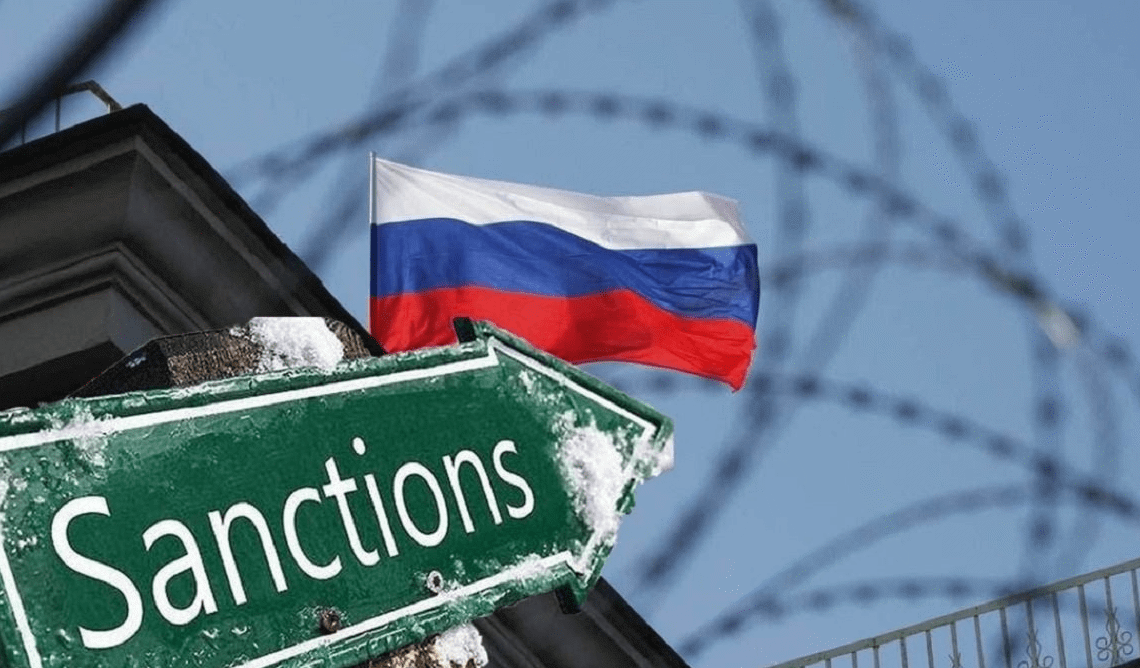
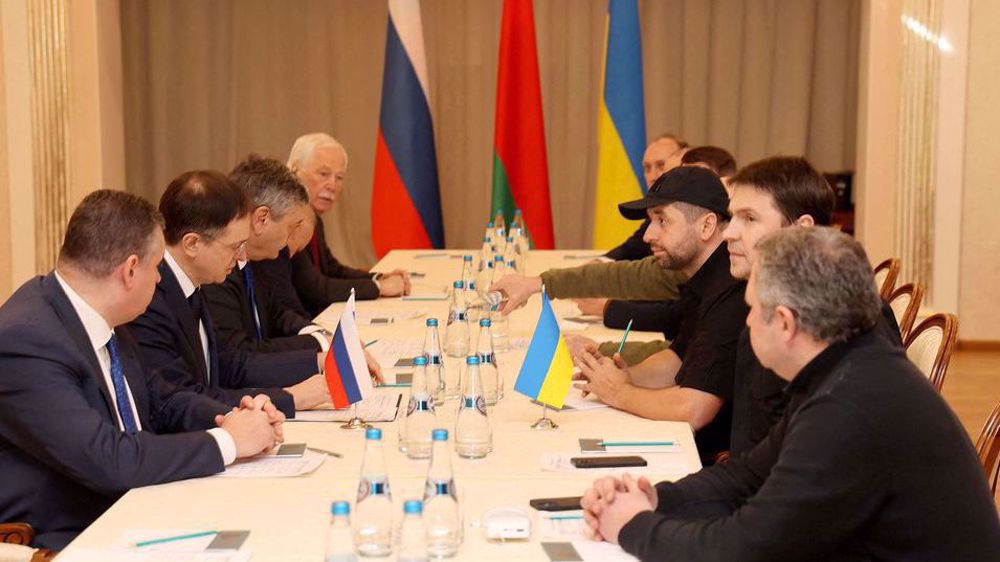
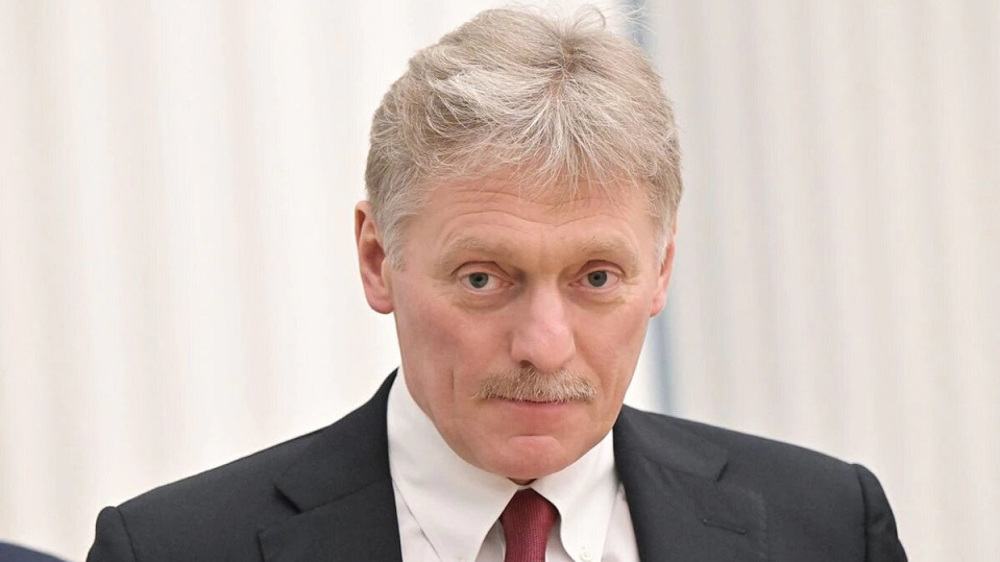






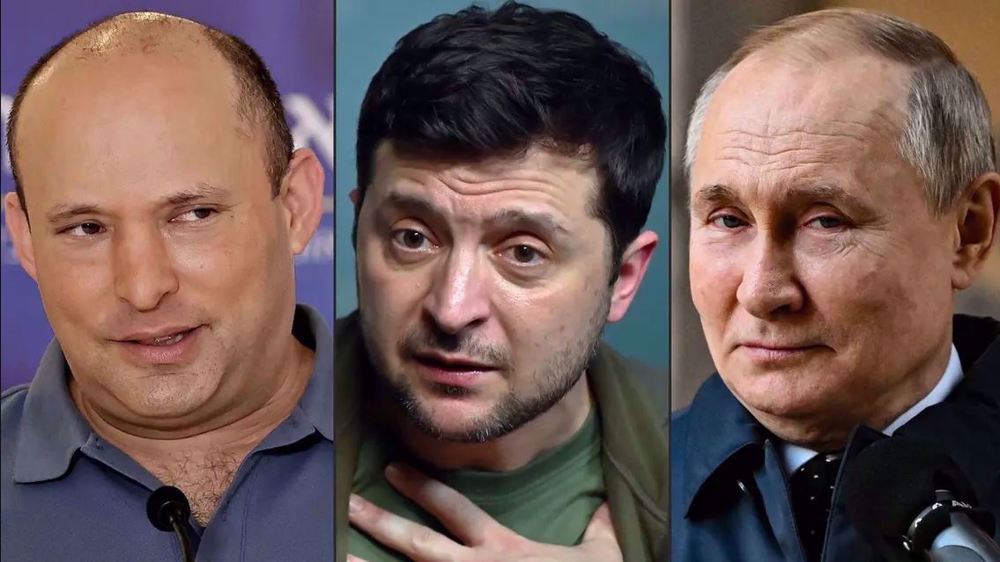
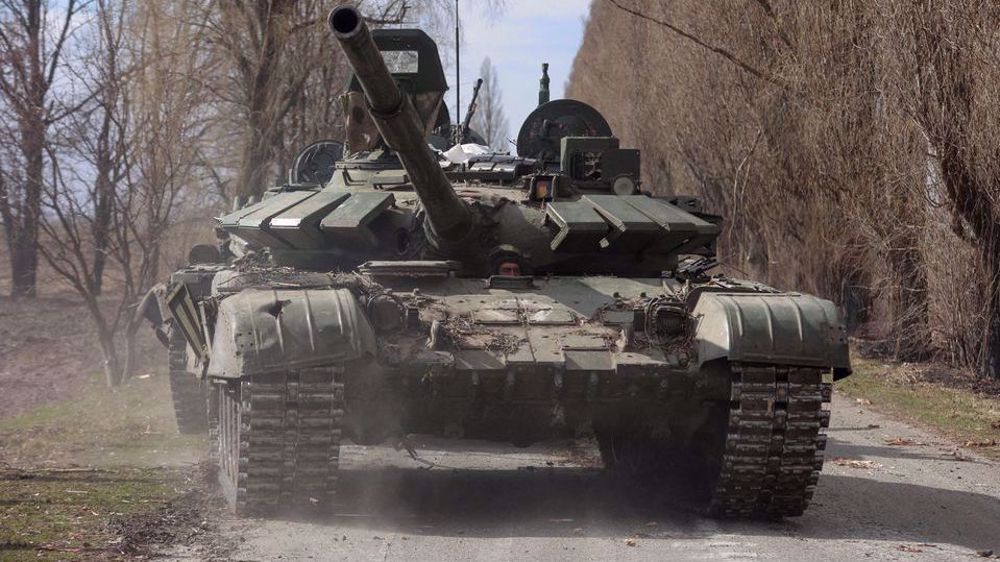
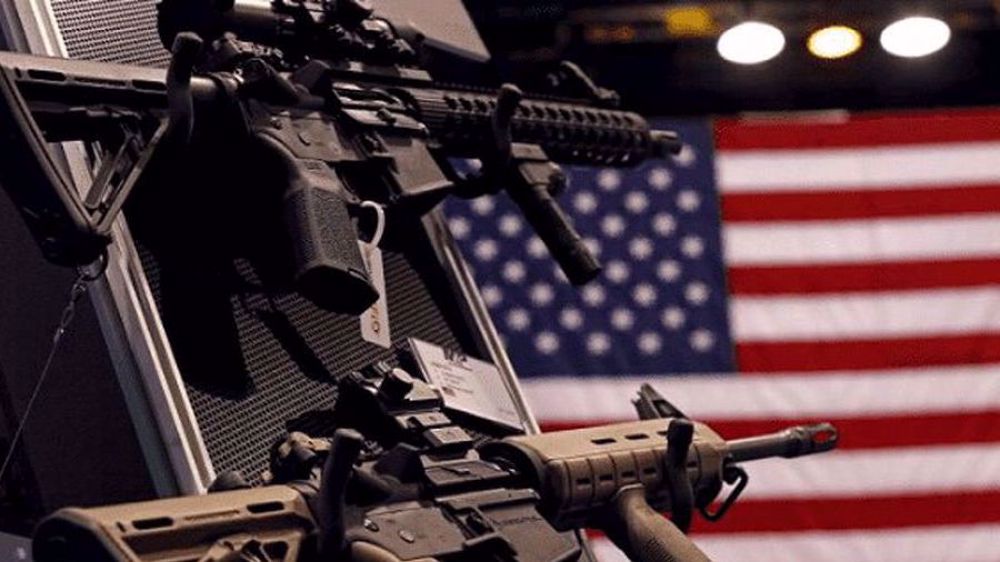

 This makes it easy to access the Press TV website
This makes it easy to access the Press TV website